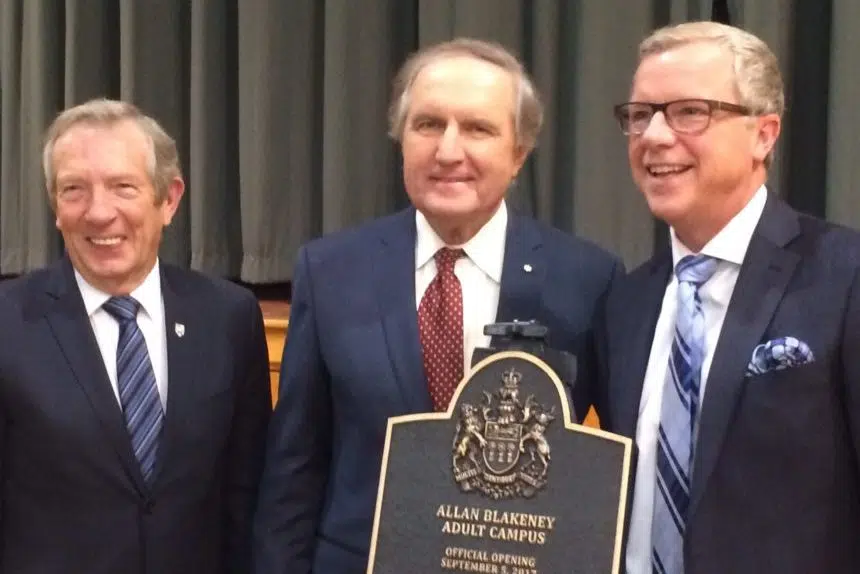One of Saskatchewan’s most celebrated leaders recorded a massive victory for him and his political party 75 years ago today.
On June 15, 1944, Tommy Douglas led the Co-operative Commonwealth Federation (CCF) to a historic win in the provincial election to become the first social democratic government elected in North America.
Douglas went on to become one of the most iconic Canadians in history when he introduced universal health care to the province, and eventually the entire country, by 1961.
When examining his close friend’s historic victory in 1944, former Premier Roy Romanow said there was no doubt how much the victory would reshape the province and the nation in the coming years.
(The victory) opened up a period of 20 years, ’44 to ’64, of some pretty massive and important renovations and other programs for the people of Saskatchewan and Canada,” he said.
While Douglas is most widely known for his creation of medicare, it was another formative plan that sticks out most to Romanow.
“I remember once flying with Tommy somewhere, and I asked what his most important contribution was and he pointed out the window of the aircraft,” Romanow said. “He said, ‘Take a look.’ I couldn’t understand for the first moment, and then it came across … rural electrification. He talked about how important it was to help farming people.”
Romanow, who served as Saskatchewan’s 12th Premier from 1991 to 2001 as leader of the New Democratic Party (NDP), mentioned the massive debt that Douglas had to rescue the province from upon his election due to escalating costs of the Second World War.
“It was a very proactive government, and I think leaving political biases aside, I think that overall, the benefits were pretty significant and many of them remain today,” Romanow said.
Things like rural electrification would not have happened without Douglas’ close relationship with SaskPower, Romanow suggested, before pointing to the party’s popularity of that era.
“It was a period that was not comparable to today,” he said. “We’re talking about an important period for not only Saskatchewan and Canada, but the current year that we’re in, there’s a whole new set of dimensions which are influencing public opinion.”
After serving as Premier from 1944 to 1961, Douglas would step away to lead the newly-formed NDP, a successor to the CCF. While today’s iteration of the NDP is largely failing to get traction with voters, it was a different story 75 years ago.
“It was good for the time, it was a memorable government and I think they did very good things for the province of Saskatchewan and Canada,” Romanow said. “Would it be relevant for today? I think that’s a question mark.”
Forming a close relationship with Douglas — or T.C. as Romanow calls him, 1944 was an introduction to the kind of man Douglas was.
“His position was very simple. He believed that there needed to be an equality of opportunity, and then individuals — if they had the chance, they could develop their own personalities and endeavor their own efforts, whether it was farming or business or otherwise,” Romanow said.











